IITA programs focus on effective solutions from nature and use advanced technologies, data, and AI tools to manage various endemic, emerging, and invasive pests that threaten food production in sub-Saharan Africa.
Crop pests and diseases (P&Ds) significantly threaten agricultural productivity, causing 10–40% annual losses in global production valued at over US$220 billion. These losses affect food quantity and quality and lead to environmental damage due to overreliance on chemical controls. In sub-Saharan Africa, the impact is particularly severe due to limited access to (and adoption of) effective management solutions. Mycotoxins, harmful compounds produced by certain plant-infecting fungi, and pesticide residues add to the burden by reducing food safety and marketability and contributing to serious health issues.
IITA’s decentralized plant health program has historically addressed major pest threats such as maize streak virus, cassava mosaic and brown streak diseases, fall armyworm, banana bunchy top virus, mycotoxin contamination, and food safety. It emphasizes a multifaceted strategy integrating host plant resistance, biocontrol, clean seed systems, advanced diagnostics, and data-driven decision-making supported by climate and risk modeling.
Key pillars of IITA’s approach include:
- Host Plant Resistance (HPR): This cornerstone approach involves crop improvement for resistance to major pests and diseases using conventional and advanced breeding methods, including genomics-based selection, transgenics, and CRISPR gene editing. Some examples of successes include resistance to maize streak virus and cassava mosaic disease (CMD) and genome-edited banana resistant to bacterial wilt.
- “The Breeding and Plant Health linkages are crucial to enhancing phenotyping, which allows breeding programs to accurately capture the genetic potential of crops and fast-track the development of resilient varieties equipped to thrive in the face of adversity. By breeding for disease resistance, our interdisciplinary engagement ensures a sustainable foundation for plant health.” -Dr Hapson Mushoriwa, Head of Plant Breeding, IITA.
- Seed Systems: IITA promotes clean seed production and disease-free planting material, especially for vegetatively propagated crops like banana, cassava, and yam. Programs like PROSSIVA and BASICS-II help prevent the spread of pests and pathogens through seeds, protect plants from reinfection, and manage viral disease outbreaks.
- Biological Control: IITA has pioneered the use of natural enemies and biocontrol agents such as parasitoids, entomopathogenic fungi, and the Aflasafe product (using atoxigenic Aspergillus strains to control aflatoxins). These approaches offer safe, cost-effective alternatives to chemical pesticides.
- Soil–Plant Health Linkages: Healthy soils enhance plant resistance. Ongoing projects such as EiA and BioSSA explore beneficial microbes and agronomic practices to strengthen natural plant defenses and reduce disease pressure.
- Integrated Pest and Disease Management (IPDM): Combining genetic resistance, biocontrol, cultural practices, and precise chemical use is essential. Surveillance systems like sentinel plots help track disease emergence and monitor intervention effectiveness.
- Diagnostics and Digital Tools: Modern molecular and AI-based tools (e.g., PlantVillage Nuru, BXW, and FIA apps) enable real-time disease detection, surveillance, and informed responses. High-throughput sequencing and remote sensing are also being applied.
- Biosecurity and Germplasm Health: IITA ensures phytosanitary compliance in its genebanks, preventing the spread of seed-borne pests. It leads the CGIAR-wide Genebanks Accelerator Initiative to safeguard genetic resources.
- Frontier Technologies: Predictive models, life-cycle simulations, and novel tools like RNAi sprays for red palm weevil and banana fiber paper for pesticide delivery support early warning systems and precision interventions under climate change scenarios.
- Partnerships and Policy Engagement: IITA collaborates with national programs, international agencies, intergovernmental organizations, and policymakers to promote science-driven regulations and the adoption of biocontrol and quality seed systems. The center engages multiple regional initiatives (e.g., PACA, BBTV Alliance, FAW Task Force) and works with partners in all sectors, including intergovernmental agencies such as the African Union Inter-African Phytosanitary Council (AU-IAPSC), which is implementing the Plant Health Strategy for Africa, non-governmental agencies, farmer associations, the private sector, and policymakers.
“Strengthening plant health requires collective action, shared vision, and coordinated efforts. The partnership between FAO and IITA reflects our firm commitment to sustainable agriculture. Together, we are safeguarding crops, enhancing food security, and building resilient food systems that support livelihoods and promote long-term prosperity across Africa.”
—Prof. Jean Baptiste Bahama, Plant Production and Protection Office, FAO-RAF
While the IITA plant health program effectively managed several biotic threats, contributing to agronomic gain and improved food quality, many challenges remain, requiring robust solutions. Adding to this are new and reemerging threats that continue to pile onto the existing threats.
“On this International Day of Plant Health, we appreciate the strategic partnership between IAPSC and IITA working to strengthen Africa’s plant health systems, to safeguard biodiversity, and boost agricultural trade through science, innovation, and regional collaboration.”
—Dr Saliou Niassy, Coordinator of the African Union Inter-African Phytosanitary Council (AU-IAPSC)
Continuous improvement is a key feature of the IITA interdisciplinary plant health team, which is now integrated into the Sustainable Farming science program within the new CGIAR portfolio. This approach ensures that the plant health program remains agile and responsive to the evolving needs of farmers, allowing for effective delivery of solutions.
On International Plant Health Day, IITA reaffirms its commitment to science-based, sustainable plant health solutions. Innovation and partnerships continue to enhance food security and resilience for millions in Africa.
Contributed by Lava Kumar, IITA

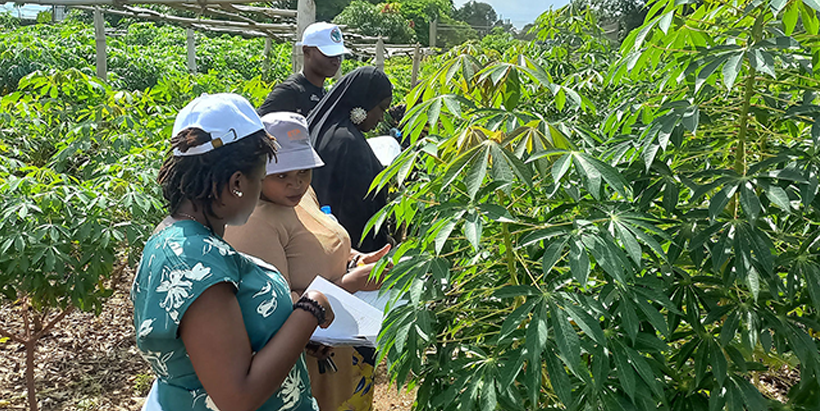
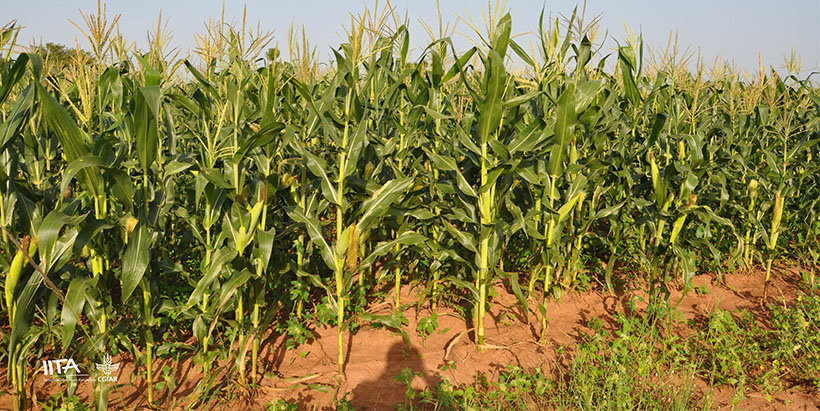
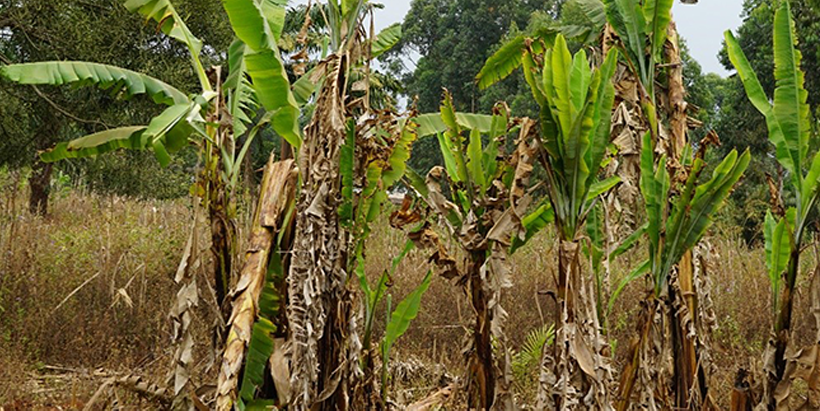
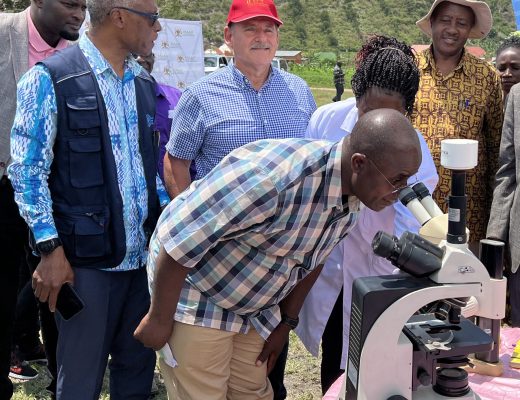
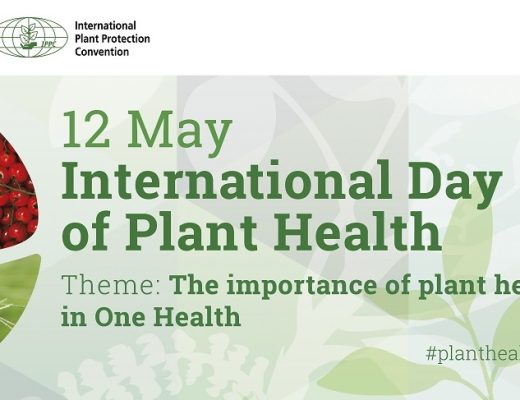
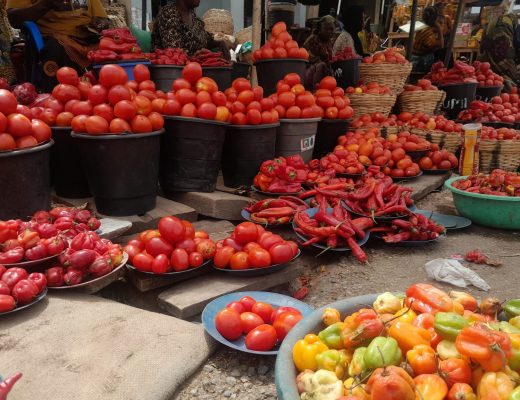
No Comments